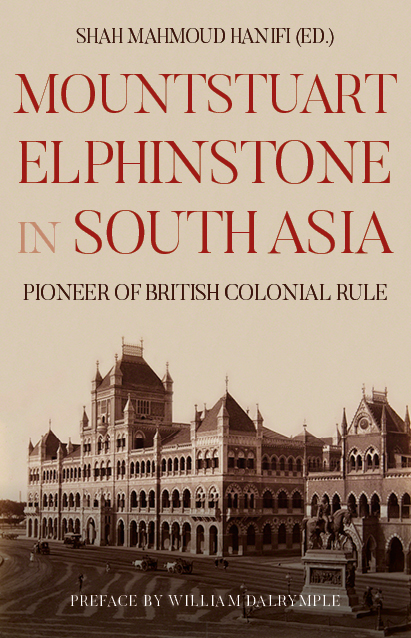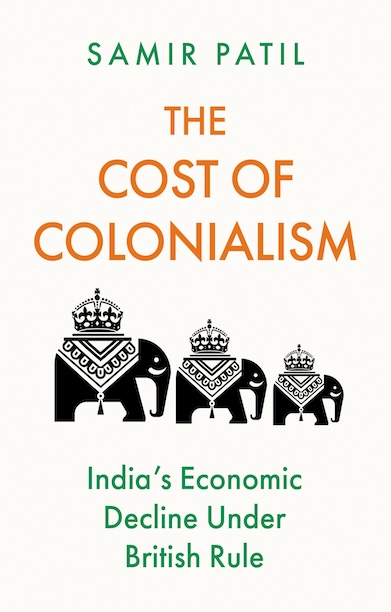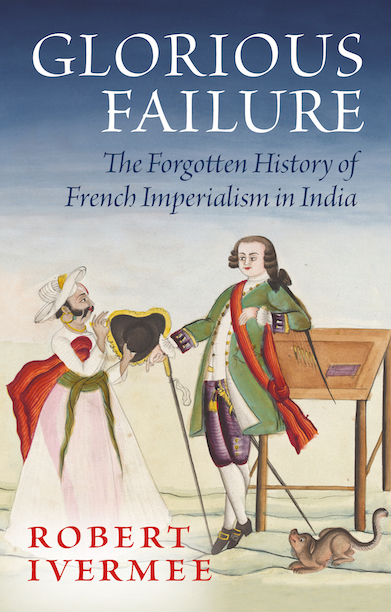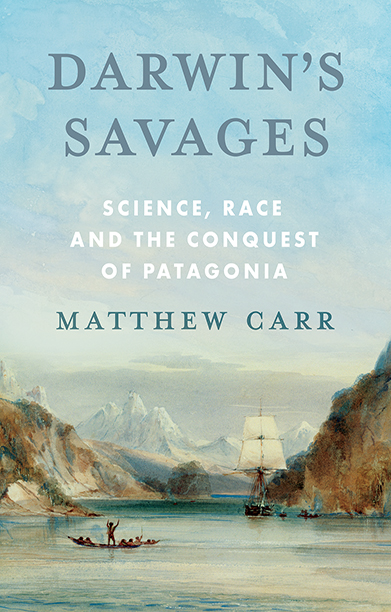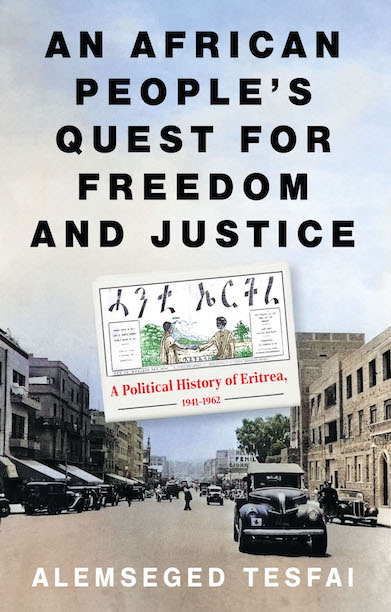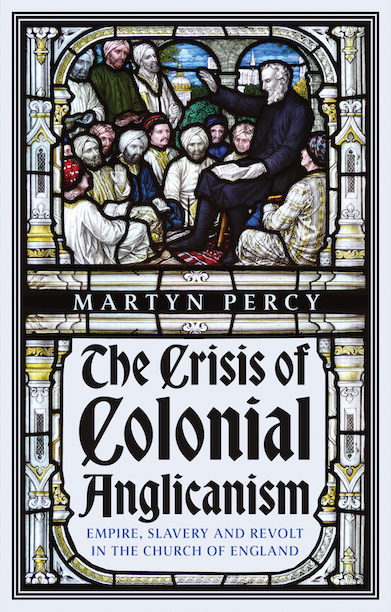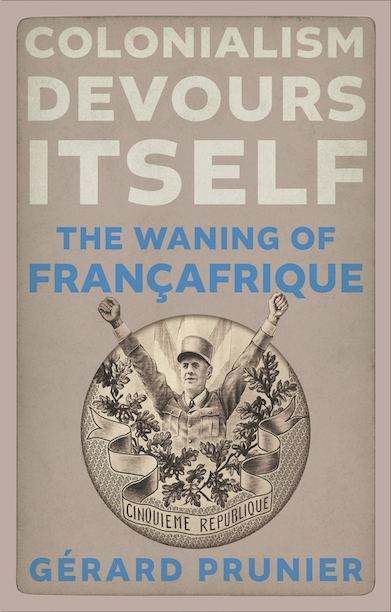Mountstuart Elphinstone in South Asia
Pioneer of British Colonial Rule
‘Elphinstone’s guidance in war and administration in peace furnished models of penetration, bravery, intelligence and wisdom.’ — William Jerdan
With a preface by William Dalrymple
Description
Mountstuart Elphinstone (1779-1859), Lowland Scottish traveller, East India Company civil servant and educator, was one of the principal intellectual architects of British colonial rule in South Asia. Imbued with liberal views, such that Bombay’s wealthy founded Elphinstone College in his memory, he pioneered the scholarly, scientific and administrative foundations of imperialism in India.
Elphinstone’s career was launched when he led the inaugural British diplomatic mission to the Afghan court, after which his Account of the Kingdom of Caubul (1815) became the main source of British information about Afghanistan. He is best known for his periods as Resident at Poona and Governor of Bombay in the 1810s and 1820s, when he instituted innovative policies in administration and education while also conducting research for his extremely influential History of India (1841).
This volume examines Mountstuart Elphinstone’s intellectual contributions and administrative career in their own right, in relation to prominent contemporaries including Charles Metcalfe and William Moorcroft, and in the context of later historical studies of India, Afghanistan, British imperialism and its imperial frontiers.
Reviews
‘The diverse contributions are well researched, with sources ranging widely from East German state archives to… illuminating sources across several centuries. … The book offers a substantial contemporary evaluation of Elphinstone’s role in and around modern Afghanistan.’ — Asian Affairs Journal
‘[A] meticulous and wide-ranging discussion of Elphinstone’s multifarious contributions to colonial epistemology.’ — South Asia Research
‘These fourteen essays explore the methodology and influence of one of the great works of British Indian scholarship. Elphinstone’s Account of the Kingdom of Caubul became the ‘Bible’ of Afghanistan studies and established an enduring framework for the whole corpus of British topographical writing about South Asia.’ — John Keay, author of India: A History
‘The product of an international collaboration, this collection of essays offers valuable insights on a remarkable statesman-scholar working in early-colonial South Asia, and develops a rich, connected view of the early history of imperialism in the region.’— Tirthankar Roy, Professor of Economic History, London School of Economics
‘An important volume providing significant insight into Afghanistan’s complex history, beginning with European formulations of colonial knowledge from the late 1700s. This is major scholarship.’ — Jim Masselos, author of Indian Nationalism: A History
Editor(s)
Shah Mahmoud Hanifi is Professor of History at James Madison University, Virginia.
